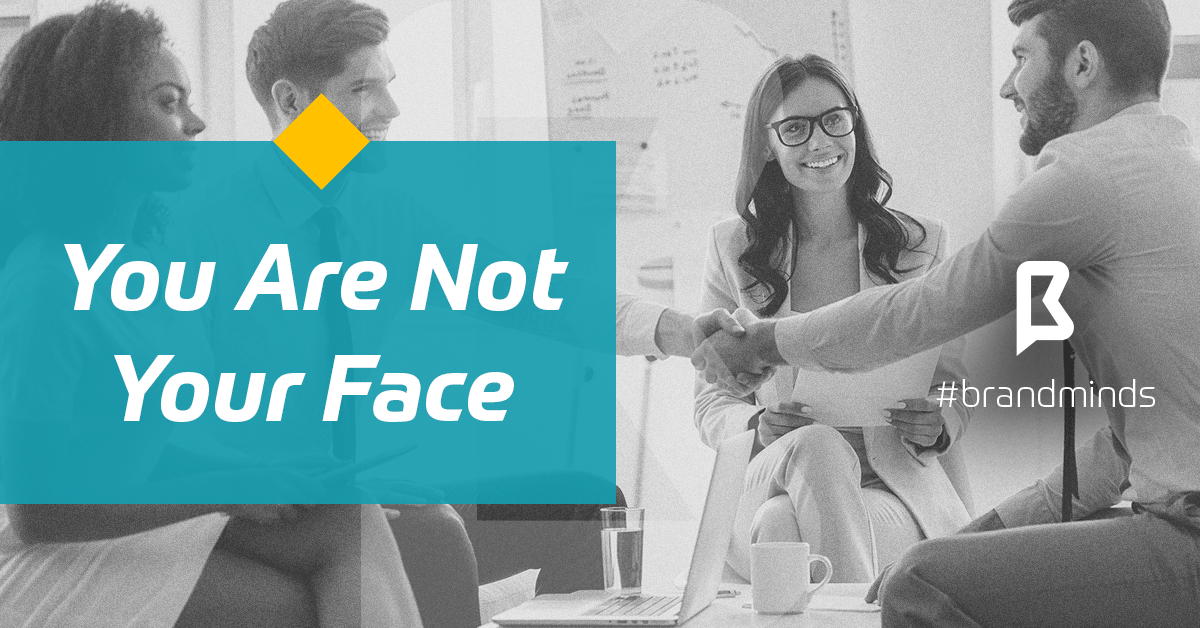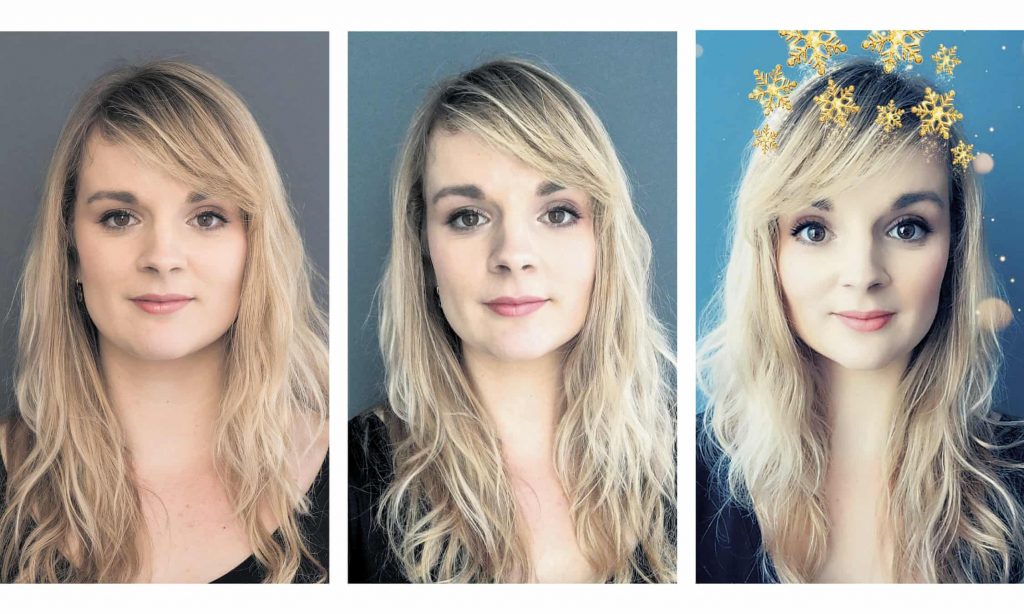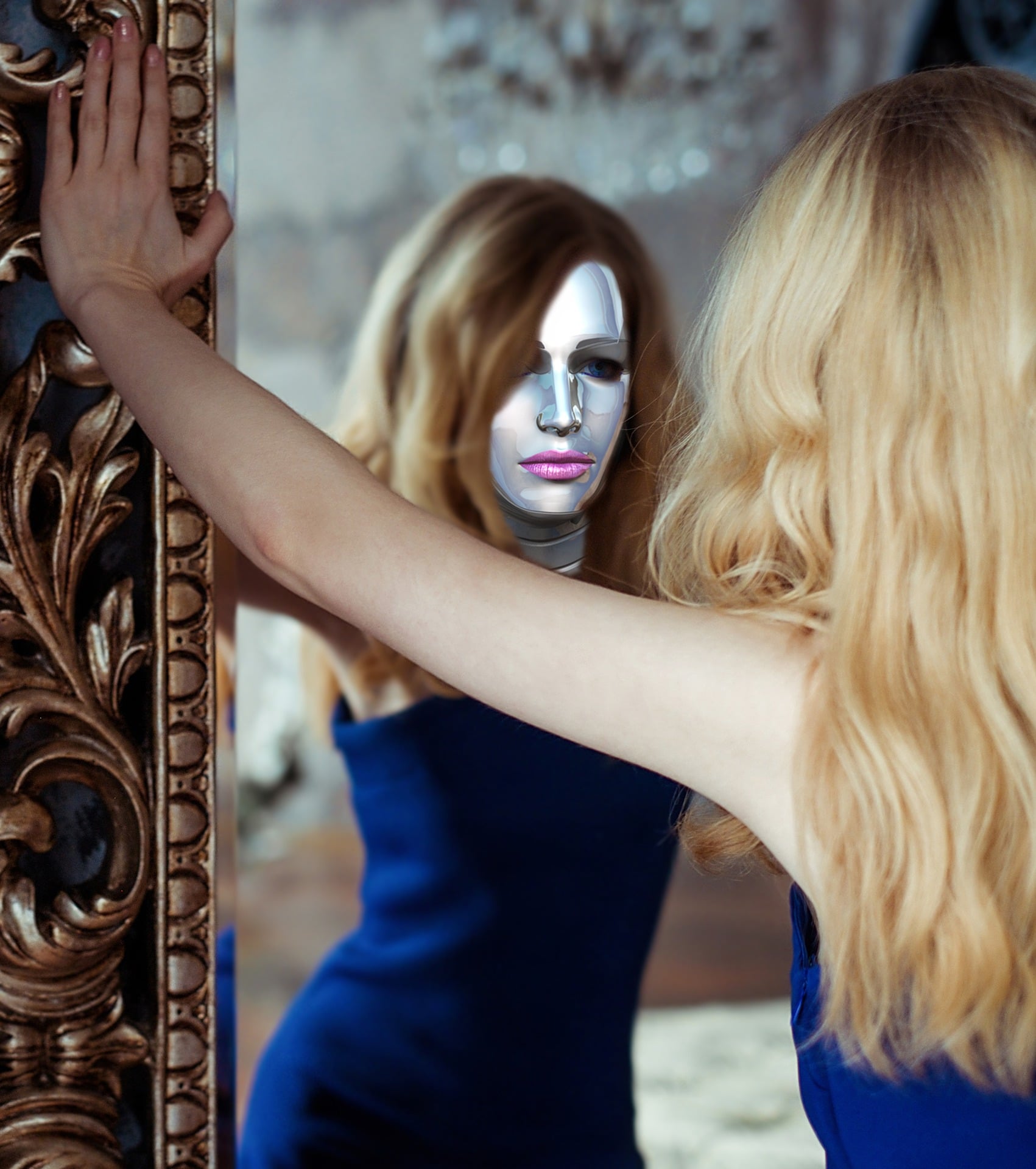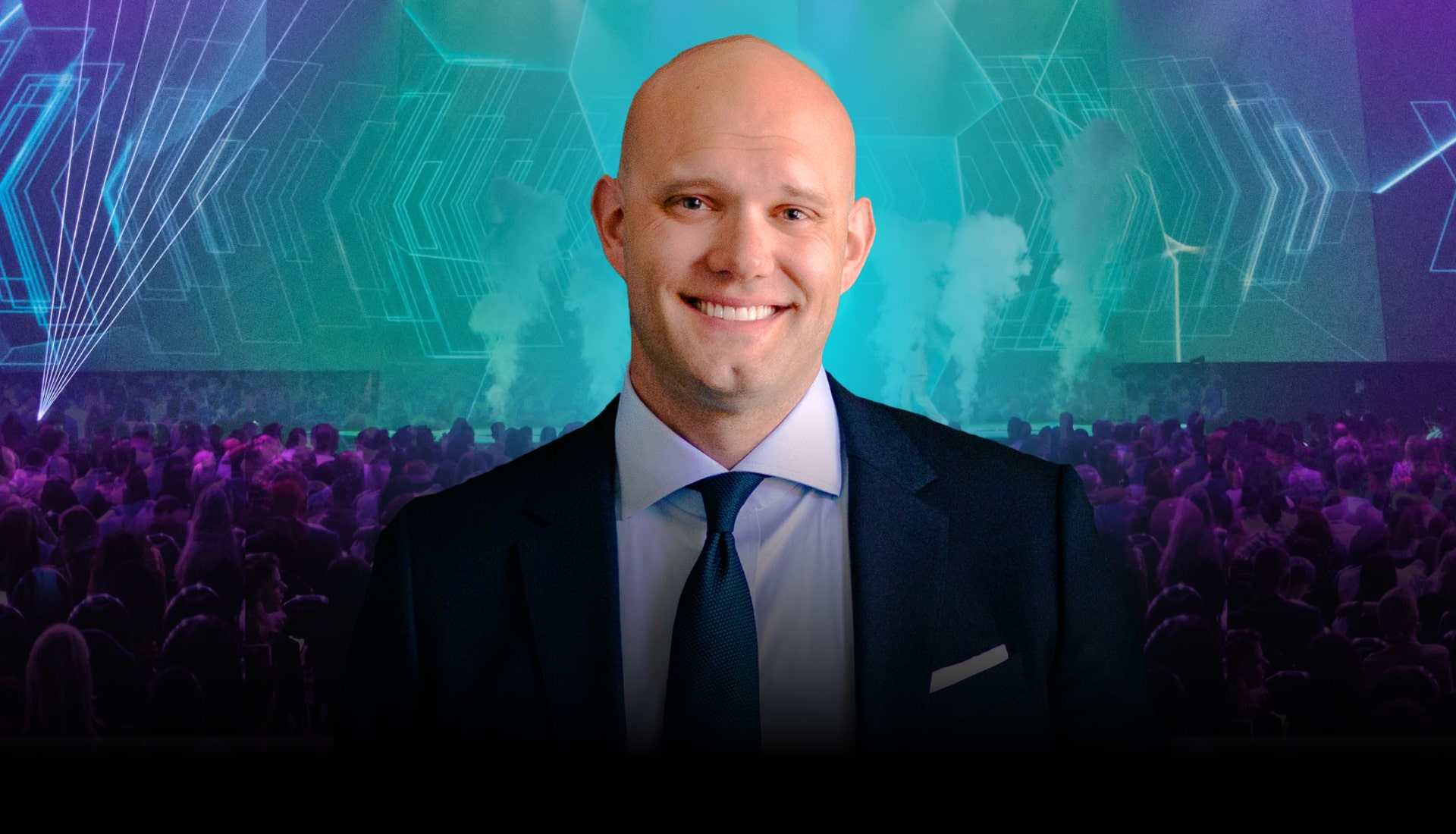
In the eighties and nineties, we were accustomed to seeing actors and actresses go under the knife to turn back the clock on their looks. It was a way to keep the acting roles coming in. We could spot a touched-up face immediately and feel a little sorry for the respective person. Now we see another trend rising among the young and socially connected.
Pre-Juvenation
In January 2019, the American Academy of Facial Plastic and Reconstructive Surgery released its annual survey results for 2018. The survey explores the top trends in facial plastic surgery today.
Here are the report’s main findings:
- There is a strong link between Millennials (now 22-37 years old) and the growing demand for cosmetic procedures;
- 72% of facial plastic surgeons saw an increase in cosmetic surgery or injectables in patients under age 30;
- Top 3 cosmetic procedures: rhinoplasty, revision surgery and eye lifts;
- The average number of surgical procedures has almost doubled since 2013 (up 47%);
- Botox remains the most popular procedure overall, for both sexes.
The researchers of this report discovered a new trend rising among young people: pre-juvenation.
Pre-juvenation illustrates a behavioural change in which “more and more patients look for cosmetic solutions with the purpose of remaining youthful rather than turning back the clock on signs of ageing later.”
The rising number of Millennials going to the plastic surgeon to ask for cosmetic surgeries to fix their noses or get pre-juvenation injections all with the purpose of remaining youthful is disturbing.
Millennials trying to look forever young is also pointless given the fact that our bodies and our faces are naturally changing with time.
We strive to live a healthy life and eat all-natural, but we don’t accept ageing as being natural. Ageing is nature’s way of teaching us not to rely on our looks because looks don’t last.
There is only so much Botox and fillers can do. Don’t turn yourself into a plastic puppet! The puppet is dead inside.
The youthful glow that so many of us are chasing after is the result of the flame burning brightly inside your soul.
We look beautiful and we are happy when we work to achieve our dreams and when we lose track of time pursuing our passions and interests.
Selfie Dysmorphia
As this article shows, the photo filters that we use to alter and beautify our selfies before posting them on our social media accounts are to blame for the rising mental health condition of selfie-dysmorphia.

image source: theguardian.com
In recent years, cosmetic doctors “noticed that where patients had once brought in pictures of celebrities with their ideal nose or jaw, they were now pointing to photos of themselves”. These photos have been edited with Snapchat filters or airbrushed with the Facetune app. They are stripped of all markings of a normal human face.
Here are some of the most requested procedures that plastic surgeons were asked to perform:
- removal of the laugh lines (the line from your nose to your mouth);
- removal of the tear trough (the groove down from the inner corners of the eyes) to make the eyes bigger.

Narcissus / image source: cellcode.us
Is it narcissism?
It’s difficult to let the world know who we are as a person, but it’s easy to push the photo button on our smartphone and take a selfie. It takes little effort and feeds on our narcissistic inclinations.
I believe there’s an important distinction to make. As I see it, there are two situations.
The first is when we take one-two selfies and feel happy with the image we see.
The other situation is when we take fifty or a hundred selfies and feel disappointed or frustrated because we don’t like how we look in any of the photos.
This is not narcissism. Narcissism means having too much interest or admiration for your own physical appearance. It would be narcissism if we loved ourselves. But we don’t. Because if we had loved ourselves, we wouldn’t have placed our happiness on the tip of our nose or the size of our eyes or the lines in our cheeks.
This is not self-love, acceptance or appreciation. It’s hatred directed at our faces. It’s like going into battle against your own home. Why would you burn your own home on purpose?
Own your face
I believe we should all own our faces, as Robert Hoge says in his TEDx speech.
Regain your power
Don’t let others own your face or have opinions on how your face should look because when you allow that, it takes away your power, it eats away at your self-confidence, it makes you feel less worthy. You essentially become a prisoner of others.
You are not your face
Your strength, abilities and talents don’t come from your face.
Barbra Streisand with her one-of-a-kind nose was considered ugly by society’s beauty standards and so was Freddie Mercury with his overbite. But no one else had Barbra’s voice and no one else had Freddie’s talent. In the end, Barbra’s nose and Freddie’s teeth didn’t stop them from fulfilling their destiny.
So stop giving power over yourself to others. It’s your face, own it!
Don’t give in to society’s shallow and fleeting standards which state what your nose should look like or that you should have a freckles-free complexion.
Value yourself enough to love your face as it is.
Join the Conversation
We’d love to hear what you have to say.
Get in touch with us on Facebook Group and Twitter.





















